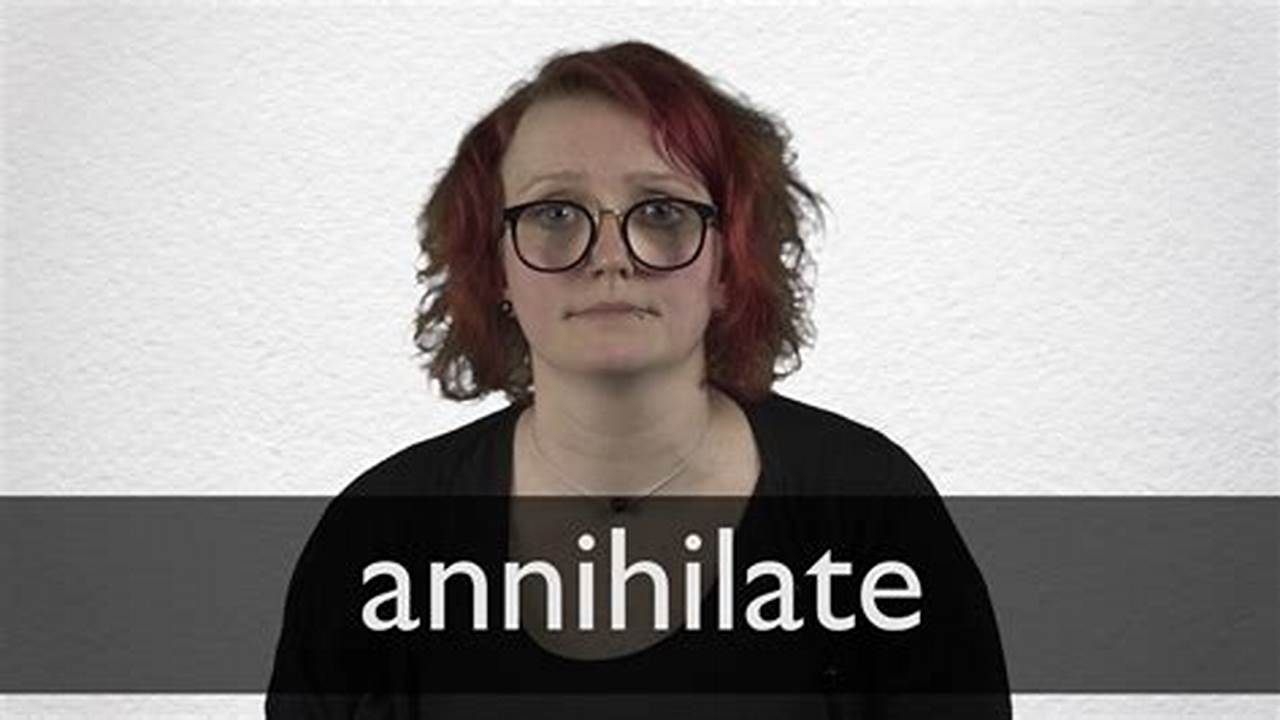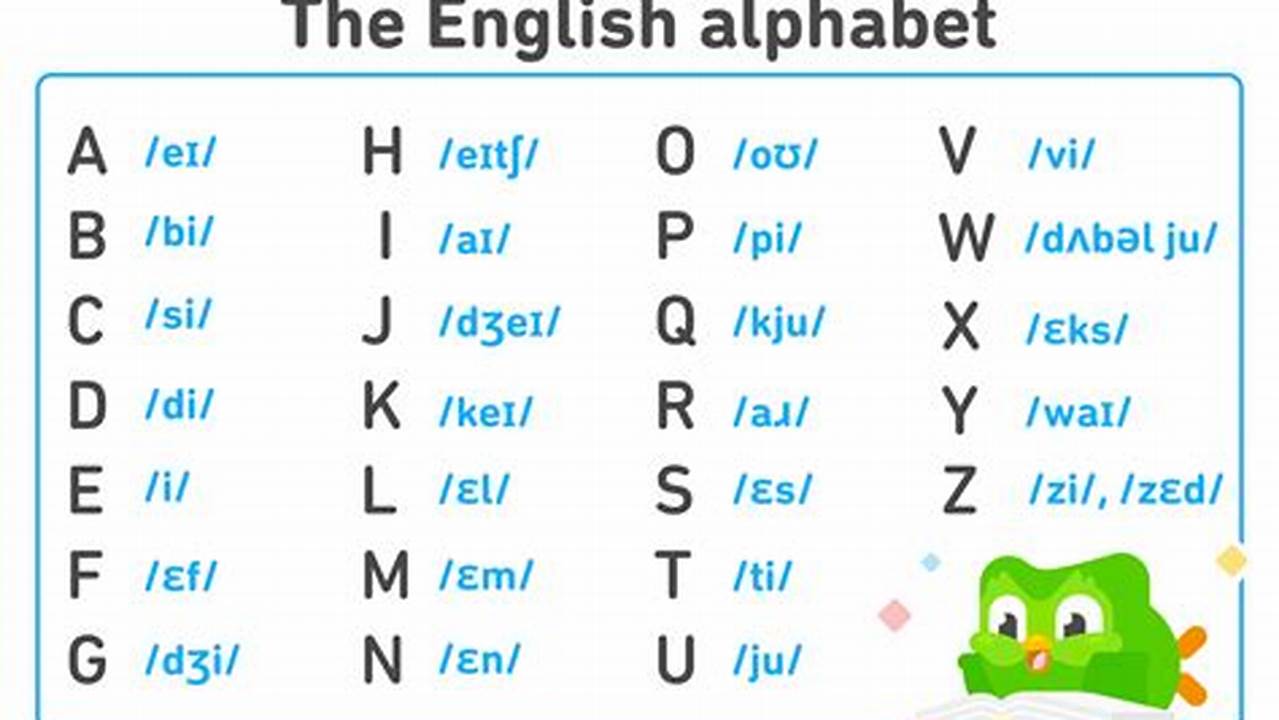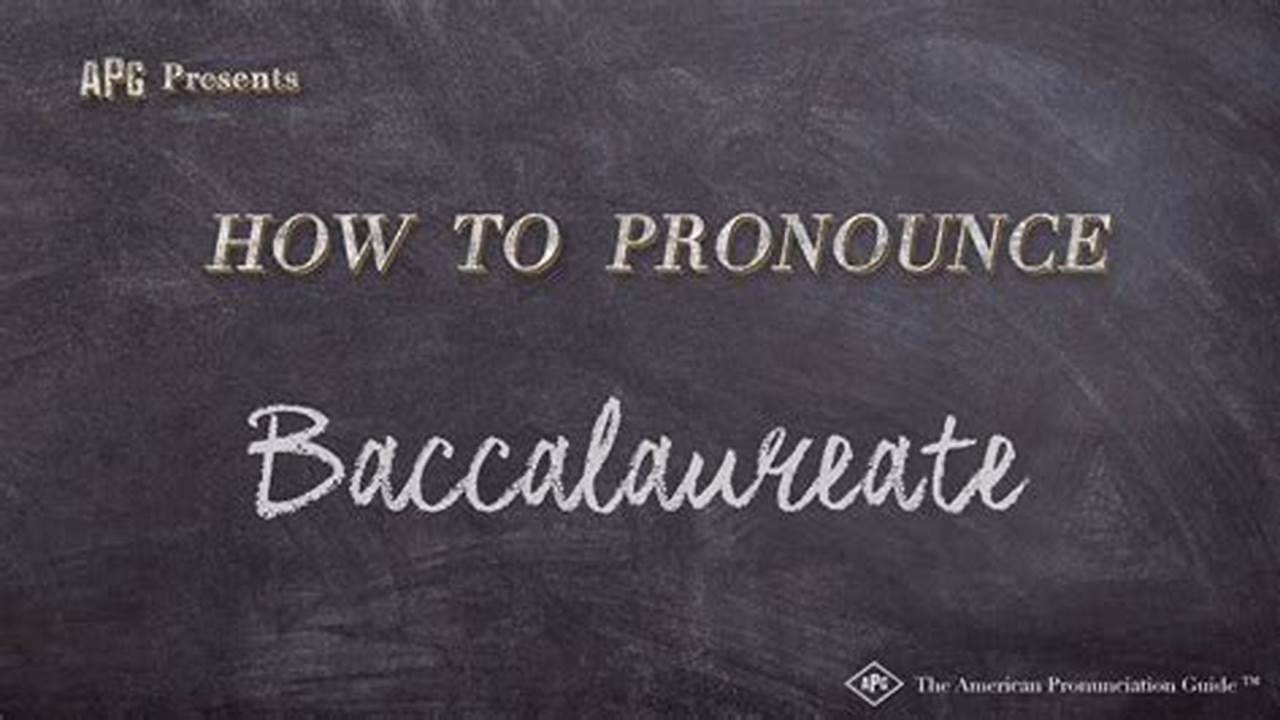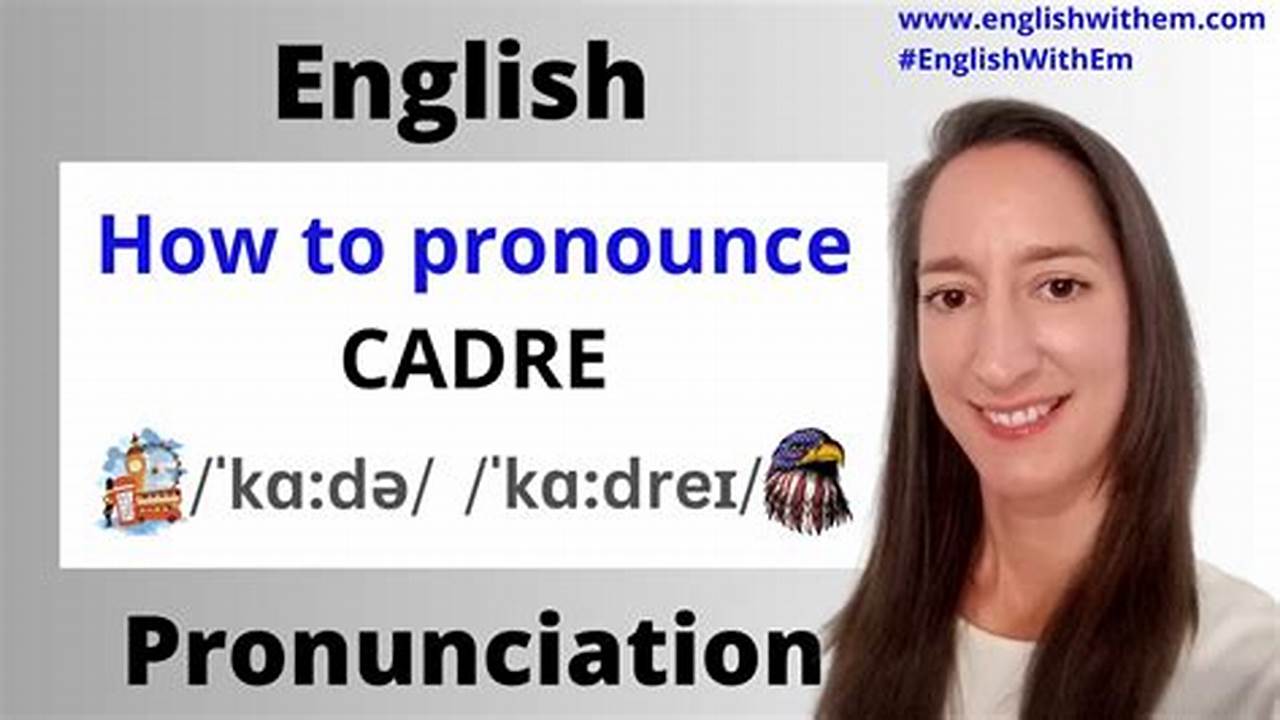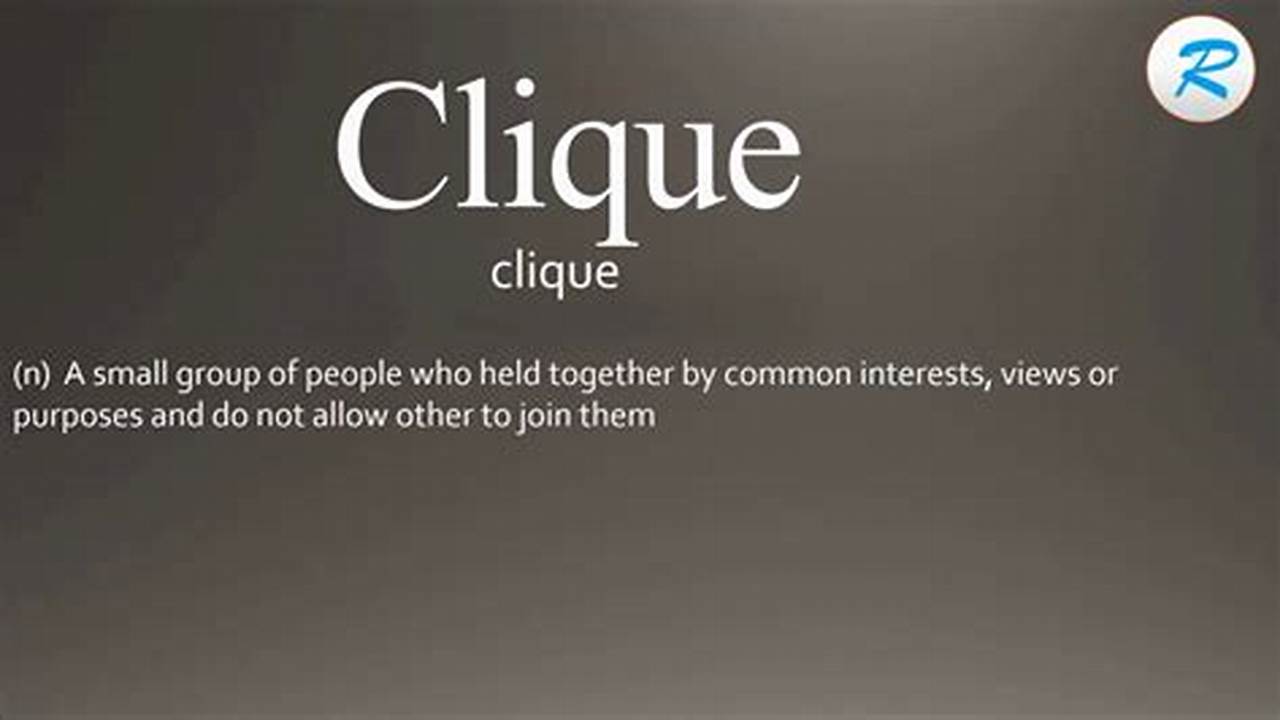
Clique (pronounced “kleek”) is a small, exclusive group of people who share similar interests or backgrounds. Cliques can form in any setting, from schools to workplaces to social groups.
Cliques can have both positive and negative effects. On the positive side, they can provide members with a sense of belonging and support. Cliques can also help members to develop their social skills and learn new things. On the negative side, cliques can be exclusive and hurtful to those who are not part of the group. Cliques can also lead to conflict and division within a larger group.

